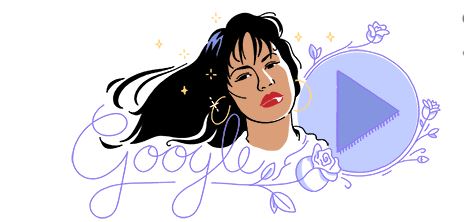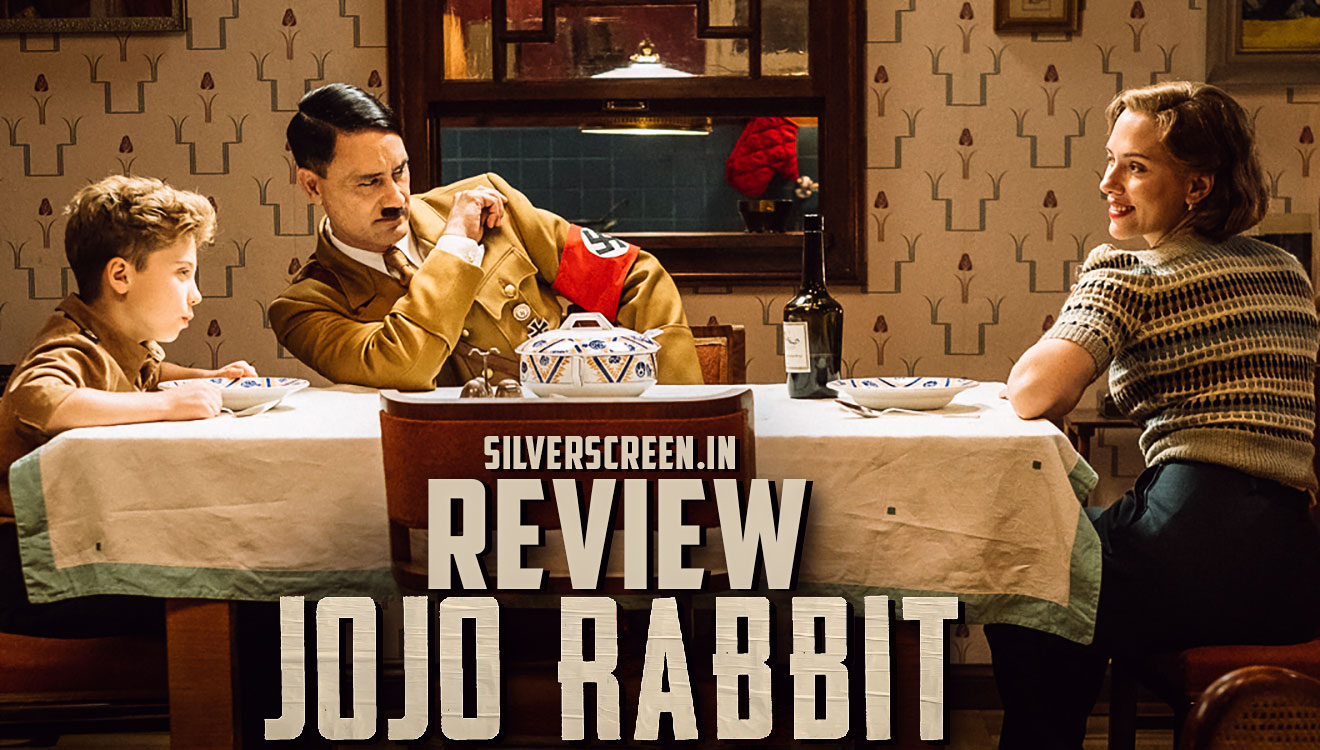Cast: Kiara Advani, Gurfateh Pirzada, Akanksha Ranjan Kapoor
Director: Ruchi Narain
In the opening scene of Ruchi Narain’s Netflix film, Guilty, Tashi, a college student who’s visibly frustrated, finds himself sitting in a lawyer’s office in New Delhi. He’s vexed about the barrage of questions coming his way, about a Valentine’s Day party on his college campus nearly a year ago; however, by the end of the interview, he knows what he must do — stand up for his friend, VJ, even though the latter has been accused of raping a fellow student, Tanu Kumar.
“Look, it’s quite simple. Our bro’s a decent guy and that bitch is a whore. This is #MeToo being misused to its full power,” Tashi tells the lawyer nonchalantly. And that confession sets the tone for the rest of the film, which dabbles with the #MeToo movement, the moral dilemma people face, privilege, and how the powerful always seem to get away despite the severity of accusations.
The film, written by Kanika Dhillon and Ruchi Narain, is set in St Martin’s, a college in Delhi, which is a melting pot of people from different backgrounds. VJ, aka Vijay Pratap Singh (Gurfateh Pirzada), is the son of a politician and his mother is a prominent socialite, his girlfriend Nanki Dutta (Kiara Advani) is the daughter of two professors, although she seems to be more comfortable talking to her local guardian who’s also a professor at St Martin’s.
Then, there’s Tanu Kumar (Akansha Ranjan Kapoor), a ‘merit’ student from Dhanbad, trying to find her place in the college where VJ and his cohorts are at the top of the social pyramid. And one fine day, at the height of #MeToo movement, Tanu accuses VJ of raping her after a college party. The drama revolves around these three characters primarily, and like VJ’s friends, writer and director Ruchi Narain pushes us to take a stand. Is VJ is guilty or not?
As much as Ruchi Narain tries to give a balanced perspective of what happens when a person is accused of sexual assault and harassment, Guilty is also too conscious about the complex subject that it tries to explore. And this manifests itself in different layers, where one’s cultural and socio-economic background is used as a target. In VJ’s case, it’s his privilege, masculinity, and the fact that he’s the son of a rich politician, and in Tanu’s case, it’s the fact that she hails from a small town and dresses in a manner which makes others think that ‘she’s asking for it’.
It’s all loud and clear right from the beginning that Ruchi wants us to overlook these aspects and understand that it’s more about entitlement and power — power over one’s body; power over one’s will and desire. In one instance, VJ defends himself saying, “Why would I rape anyone? I already have a girlfriend.” And he’s absolutely convinced that he’s being blackmailed and humiliated on purpose, and he believes in it without a trace of guilt. Perhaps, that’s what the film also expects us to understand that people, who are guilty of such crimes, will never accept their mistakes because their status and name is at stake in such cases.
The narrative, at least for the most part, hinges on the emotional turmoil that Nanki goes through. From being in denial to coming to terms with the truth, Nanki’s emotional spectrum encompasses the debate about #MeToo movement which we have seen over the past couple of years.
Nanki’s character graph is beautifully written, and Kiara Advani delivers a compelling performance as the central character who wants to find the truth and also tackle the ghosts of her past. More than the rebellious streak that you see in Nanki, what stands out even more is the way Kiara internalises the emotional rollercoaster that Nanki goes through.
In one brilliantly enacted scene, she suffers a panic attack, which is triggered after a confrontation with a lawyer, and Kiara surprises you with what she brings to the film. Gurfateh Pirzada delivers a fine performance as VJ, and Akansha Ranjan Kapoor makes her mark in some of the most emotionally-charged sequences. One of the best staged sequences is set in Dean’s office where Tanu knows that she has been cornered and she tries to retaliate, despite knowing that no one is going to listen to her.
Recommended
For a film which is so honest with its intent, it’s baffling that Tanu Kumar’s perspective isn’t explored in detail. We are expected to judge her, based on the way she talks and how she is dressed, and then in the end, we are forced to question our own prejudices. So far, so good. However, the story doesn’t quite focus as much on the emotional turmoil that she has gone through in the timeframe before she names her rapist, and even when she’s in the limelight as calls for justice grow louder, she’s still portrayed as an opportunist. That is the biggest problem with Guilty. In its attempt to make us question our immediate reactions to the #MeToo movement, where we don’t listen to victims and believe their story, the film itself loses track of how it wants to narrate the story.
The good thing about Guilty is that it highlights the necessity to keep the discussion going about how we treat sexual assault victims, and what can one do to let the scars heal. But then, Guilty also feels like a missed opportunity because it falls short of saying what it really wants, about the importance of consent. If only the film itself was as deep as the poetry that Nanki writes.
The Guilty review is a Silverscreen India original article. It was not paid for or commissioned by anyone associated with the film. Silverscreen India and its writers do not have any commercial relationship with movies that are reviewed on the site.



